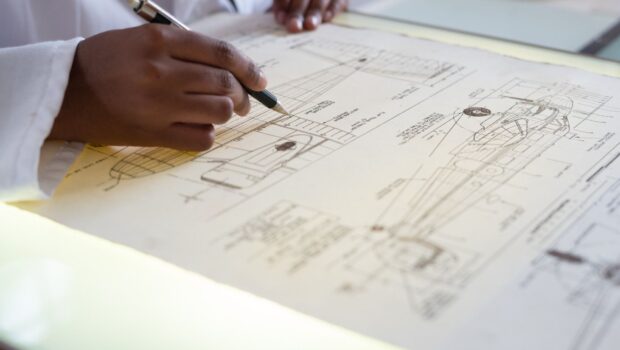Building Planning and Regulation is a major part of the building control process, covering every aspect of construction and development. It is the responsibility of local authorities to ensure that buildings are safe, affordable, energy efficient and in keeping with the character of their area.
If you are looking for planning permission or building regulations approval for your property development project or renovation, then we can help you through the entire process with our full range of planning services.
Building planning and regulation is the process of creating and enforcing rules that regulate the construction of buildings and other structures in our society.
Tasks involved in this process include:
- Planning control, which includes deciding where new developments should be located;
- Planning permission, which refers to the decision whether to permit a development;
- Consent, which involves granting approval for certain types of developments; and
- Enforcement, where steps are taken to ensure that developments meet the required standards.
There are several aspects to building planning and regulation which include the development control framework, the building approval process, local government planning schemes, development applications and development. Other elements of the building approval process can include building code assessment, fire safety inspections and compliance with country standards and/or other building codes.
Plans and regulations are intended to ensure that buildings and land in England and Wales are used in an appropriate way, and that they respect the needs of local communities. The vast majority of planning applications are approved and most developers’ proposals are allowed by the local authorities.
Compulsory purchase powers allows public sector bodies such as local authorities to purchase land or property from private landowners for public use on agreed terms.
Planning permission is the permission given by the relevant local authority for someone to carry out development on their land. Development includes:
- Construction of new buildings;
- Change of use of existing buildings;
- Demolition of existing buildings;
- Subdivision (or division) of land or building into 2 or more parts (known as a ‘plot severance’);
- Plant or machinery being placed on land (including mobile plant); and
- Material change of use at a public entertainment venue, including an amusement arcade, bowling alley, night club, theatre, cinema or sporting venue.
Planning may involve several other disciplines such as geography, environmental science or engineering. Urban planning techniques include strategic town planning; regional or metropolitan planning; social research; public consultation; environmental impact assessment; land-use assessment; disaster prevention and management; zoning regulations; urban renewal; real property evaluation; cost-benefit analysis; impact assessment analysis and others.




